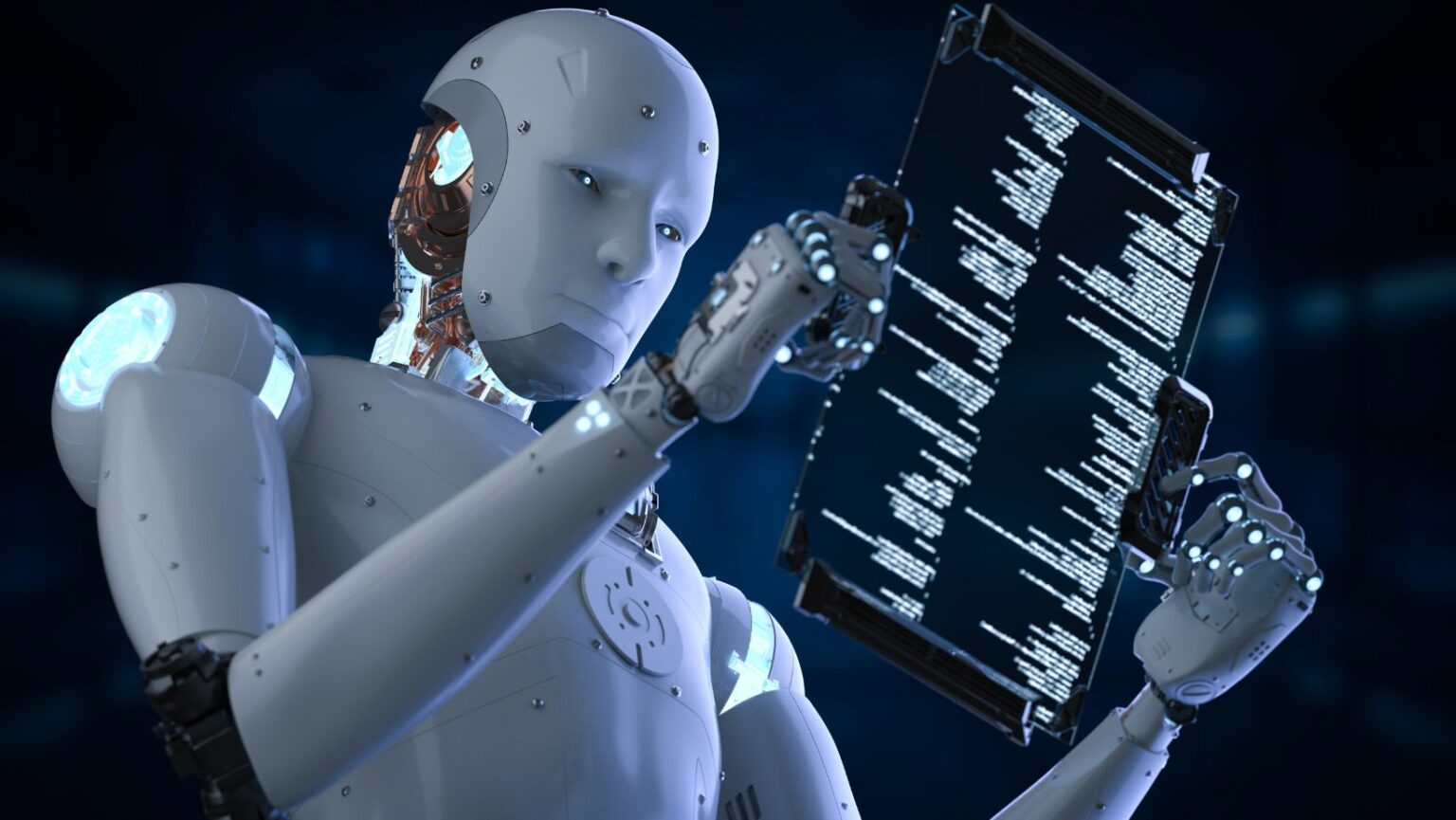The integration of AI music into the music industry is not only revolutionizing how music is created and consumed, but it’s also opening up new career opportunities. As artificial intelligence continues to evolve, it’s creating exciting job prospects in a field traditionally dominated by human creativity and expertise. Whether you are a musician, a tech enthusiast, or someone passionate about the intersection of art and technology, understanding how AI music is shaping the job market can give you an edge in your career.
In this article, we’ll explore how AI music is breaking into the job market, the career opportunities it’s creating, and the skills you’ll need to stay ahead of the curve.
The Rise of AI in the Music Industry
AI’s influence in the music industry has grown significantly in recent years. Traditionally, creating music required specialized skills, knowledge of music theory, and proficiency with instruments or digital audio workstations (DAWs). However, with AI tools like Amper Music, AIVA, Boomy, and Soundraw, the process of music creation has become more accessible to everyone, including those with little to no musical background.
AI can now generate original music, assist in composition, provide real-time suggestions, and even adapt tracks based on listener preferences. This technological shift is not just affecting how music is created—it’s also affecting the job market by creating new roles and changing the skill sets required in traditional music-related jobs.
How AI Music is Creating New Career Paths
As AI technology becomes more integrated into music production, a new ecosystem of jobs is emerging. While traditional roles in music production and performance are still highly valued, there are now career opportunities specifically designed for those who understand both music and AI technology. Below are some of the key ways AI is reshaping the job market:
1. AI Music Developer
AI music developers are the architects of the AI music tools that are transforming the industry. These professionals combine expertise in music theory and machine learning to design and refine algorithms that enable AI to compose, produce, and remix music.
They play a critical role in ensuring AI music tools are intuitive, accurate, and effective for both amateur and professional musicians.
Skills Needed:
- Expertise in machine learning and artificial intelligence
- Proficiency in programming languages (Python, JavaScript, etc.)
- Strong understanding of music theory and composition
- Experience with digital audio workstations (DAWs)
2. Music Data Scientist
AI Music and Break into the Job Market data scientist specializes in analyzing vast datasets of musical compositions to train AI algorithms. Their role is essential for improving the accuracy and creativity of AI music tools. By understanding patterns in music and applying data analysis techniques, they help improve the AI’s ability to generate music that resonates with human listeners.
Skills Needed:
- Data analysis and machine learning proficiency
- Understanding of music theory and genre-specific trends
- Statistical and predictive modeling
- Proficiency in data processing tools like R, Python, and SQL
3. AI-Assisted Music Producer
As AI music tools gain popularity, producers can now use AI as a collaborator in the music creation process. An AI-assisted music producer works with AI to generate tracks, remix existing music, or improve compositions. These professionals use AI-generated content as a starting point, refining and customizing it to meet the artistic vision of the project. This new type of producer uses AI as a tool to boost creativity and efficiency.
Skills Needed:
- Expertise in music production and sound design
- Knowledge of AI music tools and their capabilities
- Proficiency with digital audio workstations (DAWs) and production software
- Creativity and ability to adapt AI-generated content to specific project needs
4. Music Curator and Playlist Designer
AI is already being used by platforms like Spotify and Apple Music to create personalized playlists for listeners. However, there is a growing need for music curators who can work alongside AI to ensure that these playlists are emotionally engaging and relevant. Music curators who understand the capabilities of AI music tools can create tailor-made listening experiences for different audiences.
Skills Needed:
- Strong knowledge of music across genres
- Understanding of AI-generated music and its potential uses
- Expertise in playlist curation and music programming
- Ability to analyze listener preferences and trends
5. Music Licensing and Copyright Specialist for AI Music
As AI-generated music grows in prominence, questions of ownership, copyright, and licensing have emerged. Music licensing and copyright specialists will play an essential role in helping to navigate the legal and intellectual property issues that come with AI music.
These professionals will ensure that AI-created music is properly licensed and that its creators—whether human or machine—receive appropriate recognition.
Skills Needed:
- Knowledge of copyright law and music licensing
- Understanding of AI-generated content and intellectual property rights
- Ability to negotiate contracts and manage licensing agreements
How to Break into the AI Music Job Market
Breaking into the AI music job market requires a unique blend of skills. While traditional music knowledge is valuable, understanding AI and how it functions is crucial for anyone looking to make a career in this field. Here are some tips for breaking into the AI music job market:
1. Learn the Fundamentals of Music Theory
A solid understanding of music theory is a foundation for many AI music-related jobs. Whether you’re interested in AI music development, production, or curation, knowing how music works at a theoretical level will allow you to better understand the AI’s capabilities and limitations.
2. Gain Expertise in AI and Machine Learning
Since AI music is powered by algorithms, learning how machine learning and AI work is essential. You don’t need to be an expert programmer to get started, but a basic understanding of how AI tools are created and how they function will give you a significant advantage. Consider taking courses or workshops in AI, machine learning, and data science.
3. Get Hands-On Experience with AI Music Tools
Familiarize yourself with AI music platforms and tools such as Amper Music, AIVA, and Boomy. These tools allow you to generate music, remix tracks, and experiment with AI-driven compositions. Gaining hands-on experience will help you understand the possibilities and limitations of AI music, giving you practical knowledge that will be valuable in many roles.
4. Stay Updated on Industry Trends
AI music is a rapidly evolving field. To stay competitive in the job market, it’s essential to keep up with the latest trends, tools, and innovations in AI and music technology. Subscribe to industry publications, attend AI music conferences, and follow thought leaders in the space.
5. Build a Portfolio
Create a portfolio of your AI Music and Break into the Job Market projects. Whether it’s a collection of tracks you’ve produced using AI tools, a breakdown of a project you’ve worked on, or examples of how AI can assist in music production, a portfolio will help showcase your skills and creativity to potential employers or clients.
Conclusion: The Future of AI Music Careers
The intersection of AI music and the job market is creating new and exciting career opportunities. From music developers to producers and curators, AI is reshaping how we approach music creation, distribution, and consumption. As AI technology continues to improve, the demand for skilled professionals who can bridge the gap between music and technology will grow.
To succeed in this dynamic field, it’s important to continuously develop your skills in both music and AI. Whether you’re a tech-savvy musician, a data enthusiast with a love for music, or a creative professional, there’s a place for you in the expanding world of AI music. The future of music is not only human-made—it’s a collaboration between human creativity and artificial intelligence.




